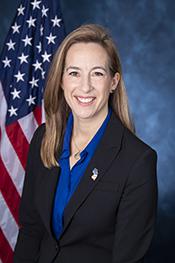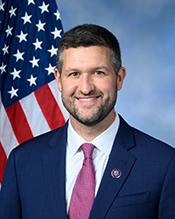0
Afghan Allies Protection Act of 2023
12/13/2023, 8:43 AM
Summary of Bill HR 3808
The bill seeks to address the urgent need to protect and support Afghan allies who have worked alongside US forces in Afghanistan, often at great personal risk. It recognizes the valuable contributions these individuals have made to US efforts in the region and aims to ensure their safety and well-being.
Specifically, the Afghan Allies Protection Act of 2023 proposes measures to expedite the processing of Special Immigrant Visas (SIVs) for Afghan allies, allowing them to seek refuge in the United States. It also includes provisions for additional support and resources to help these individuals resettle and integrate into American society. Furthermore, the bill calls for increased oversight and accountability in the implementation of the SIV program, in order to streamline the application process and prevent delays or obstacles that could put Afghan allies at risk. Overall, the Afghan Allies Protection Act of 2023 represents a bipartisan effort to honor the service and sacrifice of Afghan allies and ensure that they are not left behind as the United States withdraws from Afghanistan. It underscores the importance of upholding America's commitment to those who have stood by its side in times of need.
Congressional Summary of HR 3808
Afghan Allies Protection Act of 2023
This bill makes an additional 20,000 special immigrant visas available to eligible citizens or nationals of Afghanistan who assisted U.S. efforts there and addresses related issues. (Generally, these visas are available to individuals who were employed in Afghanistan by the U.S. government or the International Security Assistance Force for at least one year.)
Specifically, the bill expands the window of eligibility for meeting certain requirements for such visas. Currently, an applicant must complete the employment requirements by the end of 2024, and the bill extends this window to the end of 2029. Similarly, the bill extends the deadline to apply for a visa with the Chief of Mission from the end of 2024 to the end of 2029.
The bill also makes these visas available to otherwise eligible individuals who could not complete the employment requirements due to an injury sustained during the employment.
The bill also addresses the processing of these visas, including by (1) requiring each relevant federal agency to designate a senior official to oversee the integrity and efficiency of visa processing; (2) authorizing the use of virtual video meetings to sign applications and to give oaths; (3) requiring the Department of State to reimburse applicants for the cost of medical examinations required by immigration law, if the applicant petitions for such reimbursement; and (4) requiring the State Department to develop a strategy to address pending applications.





